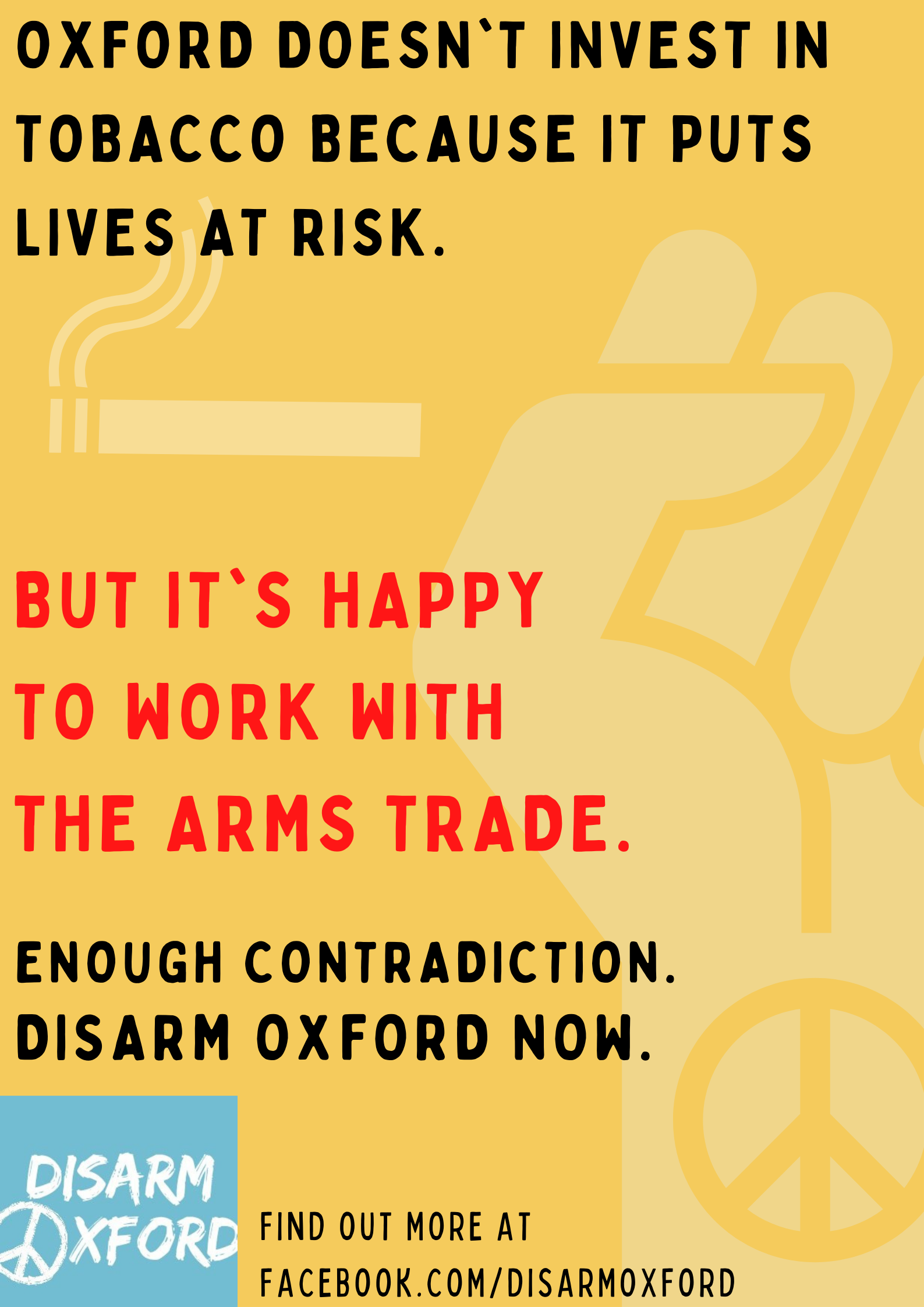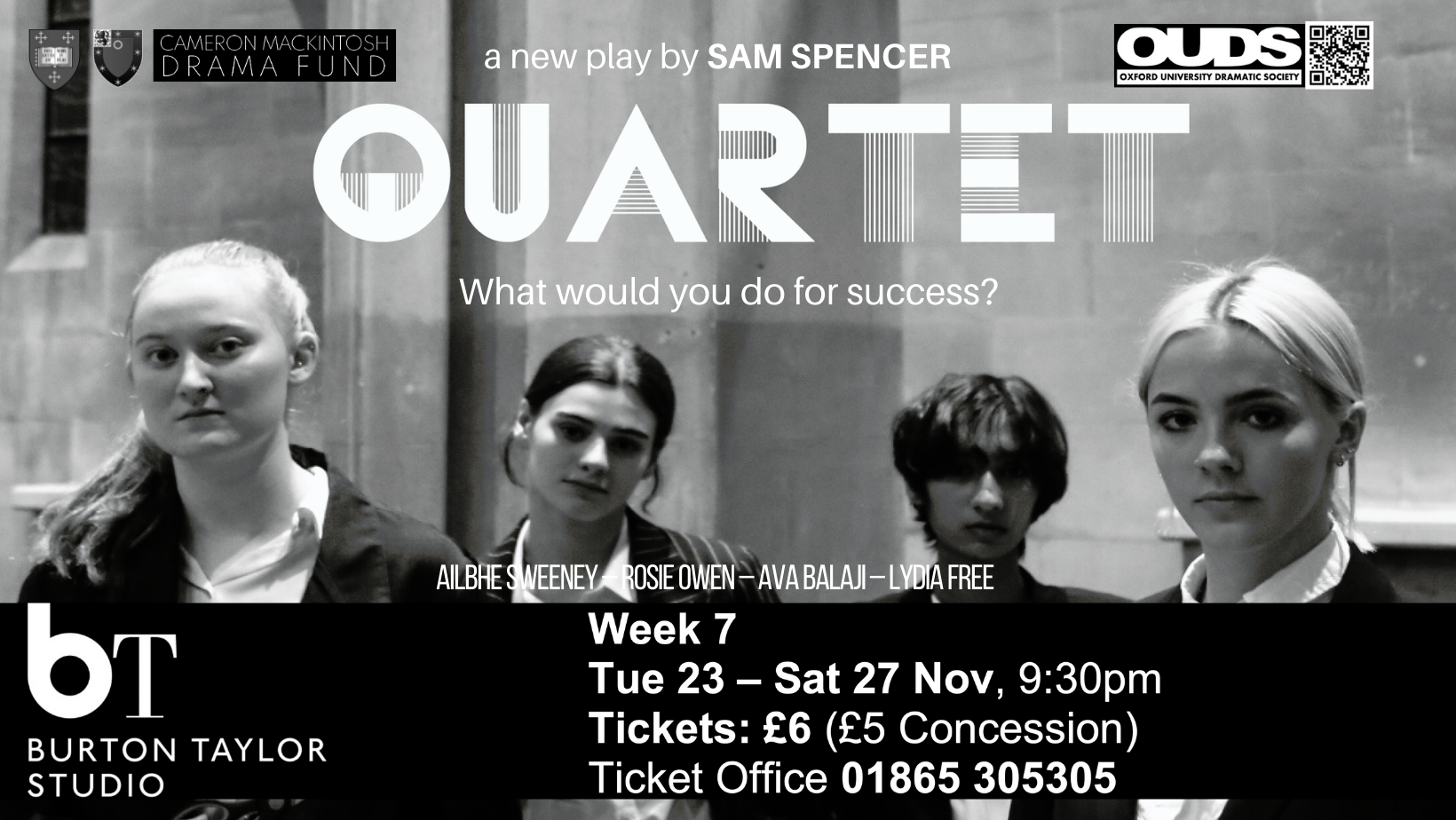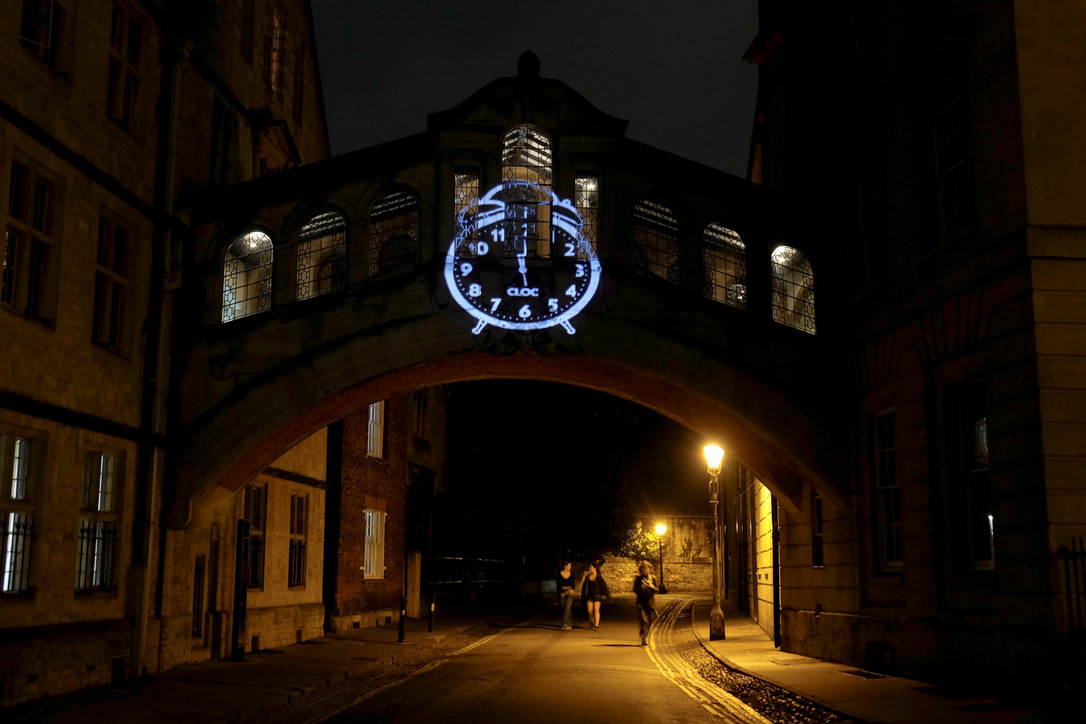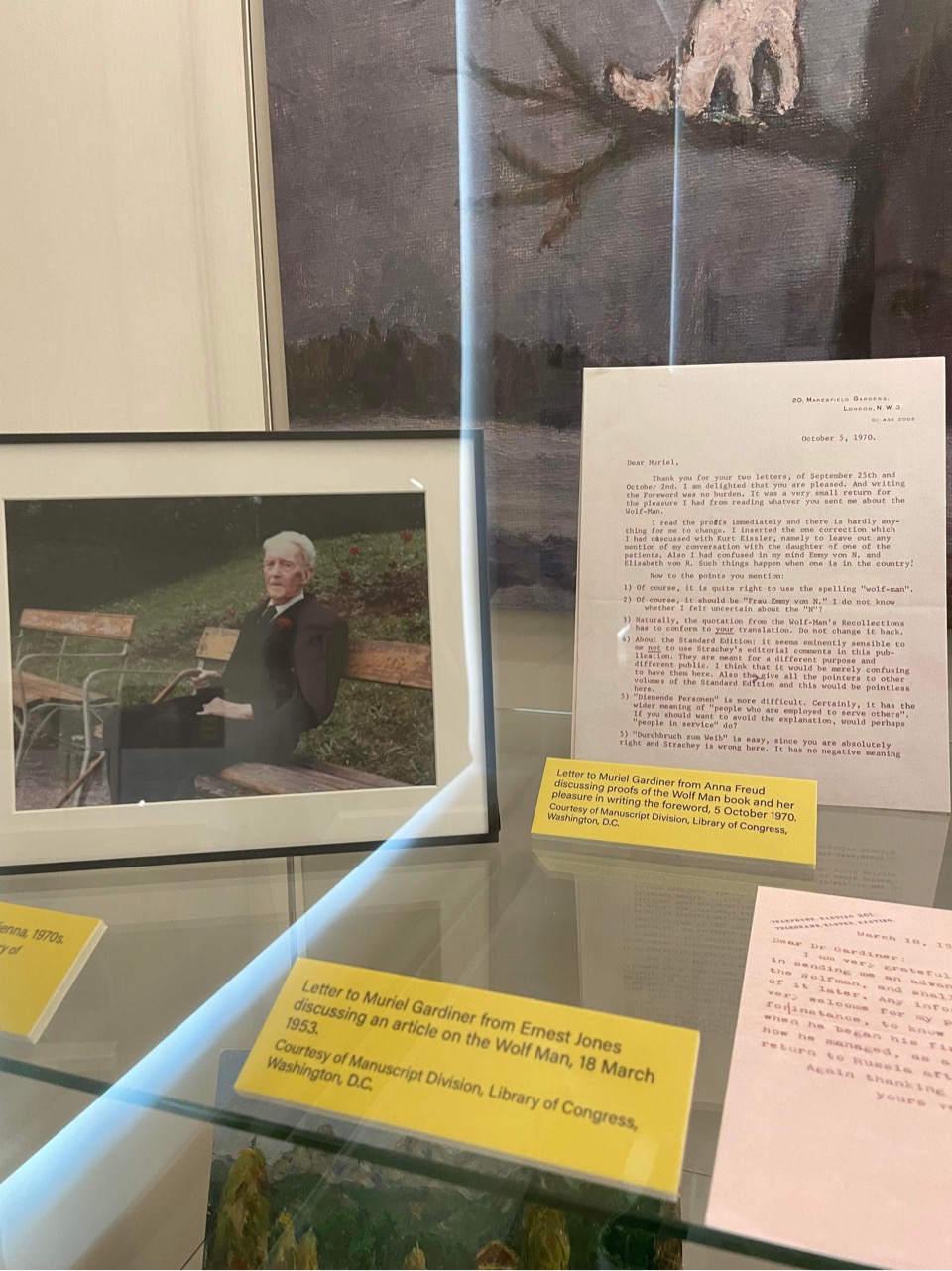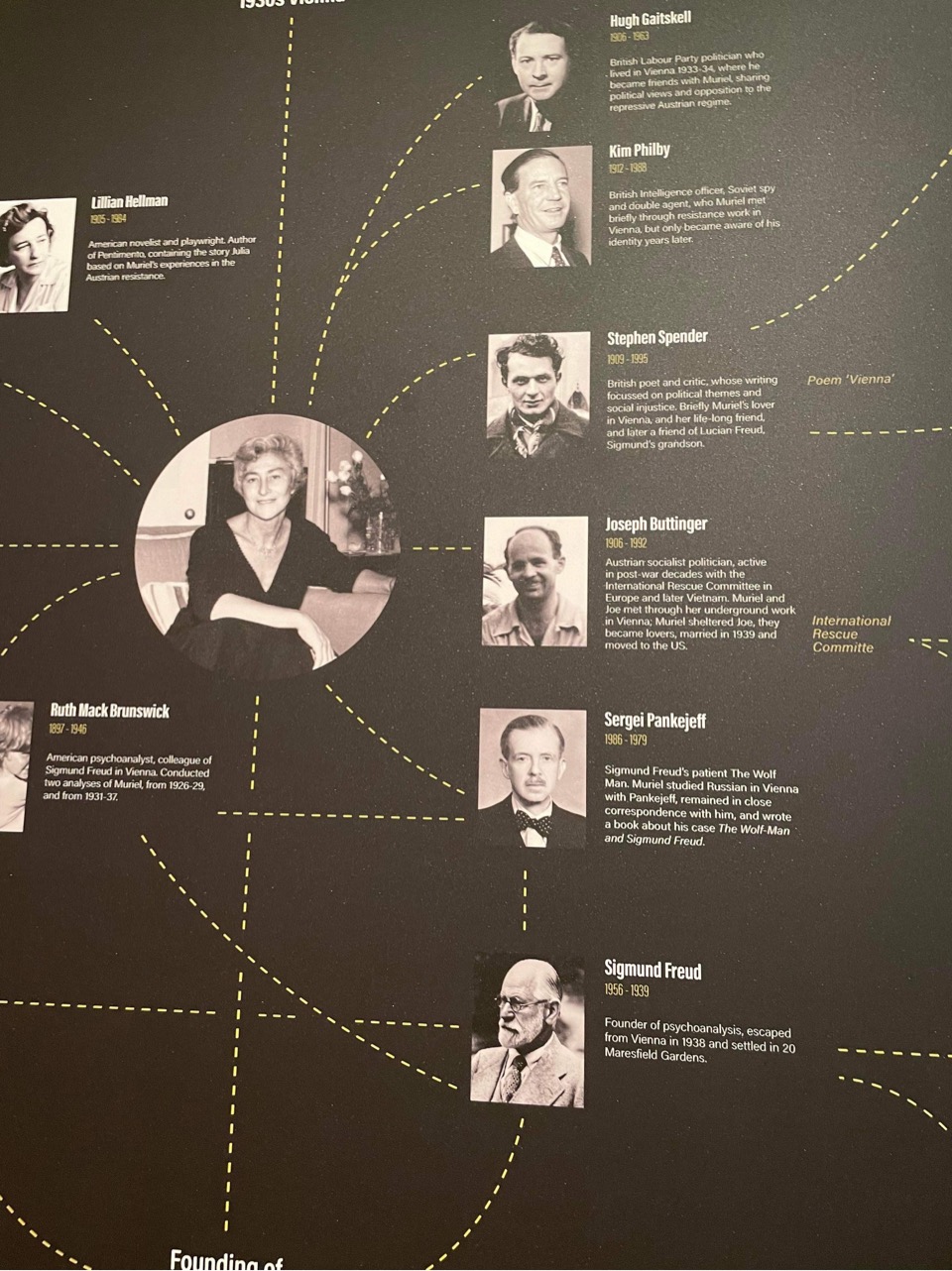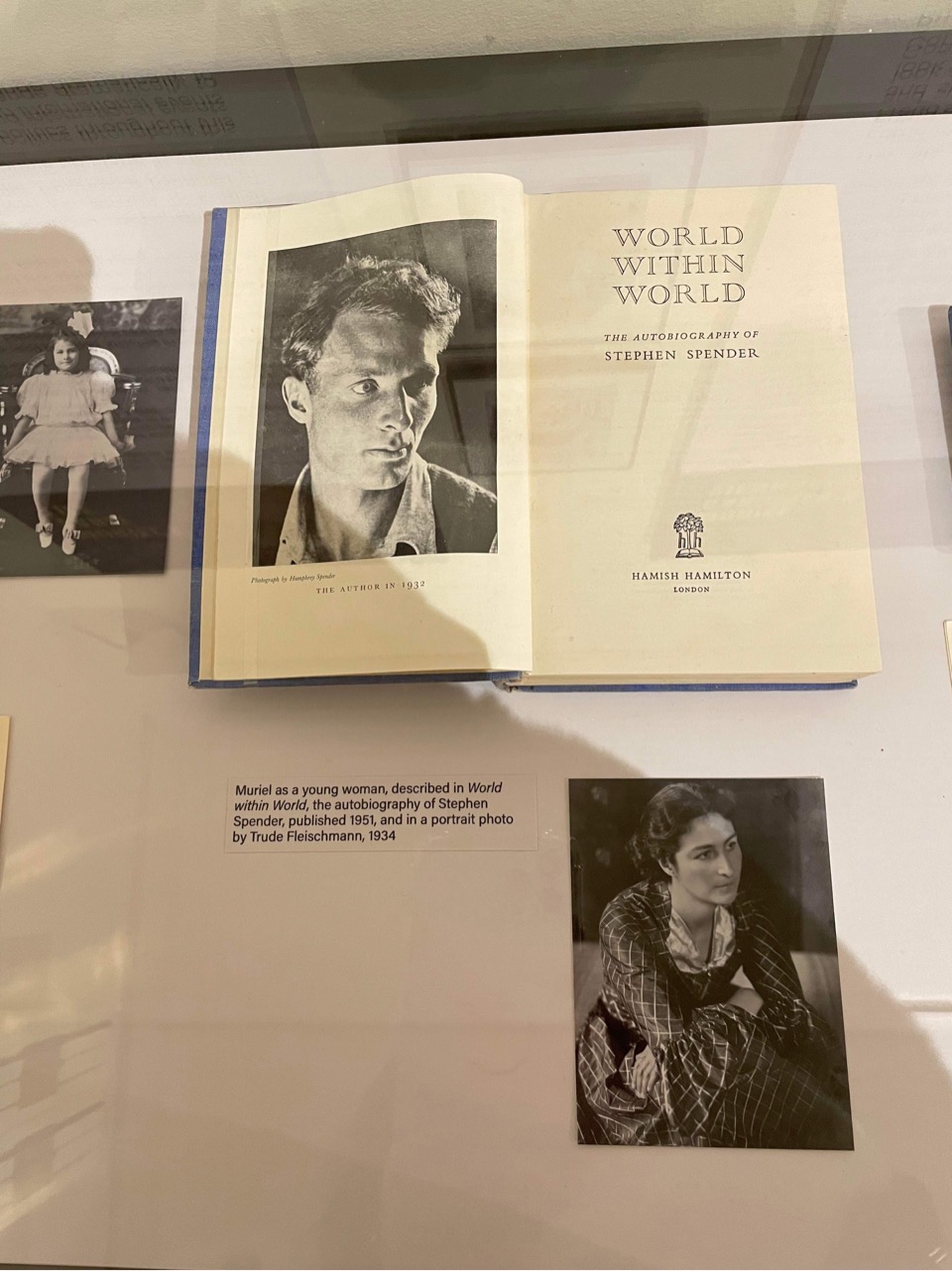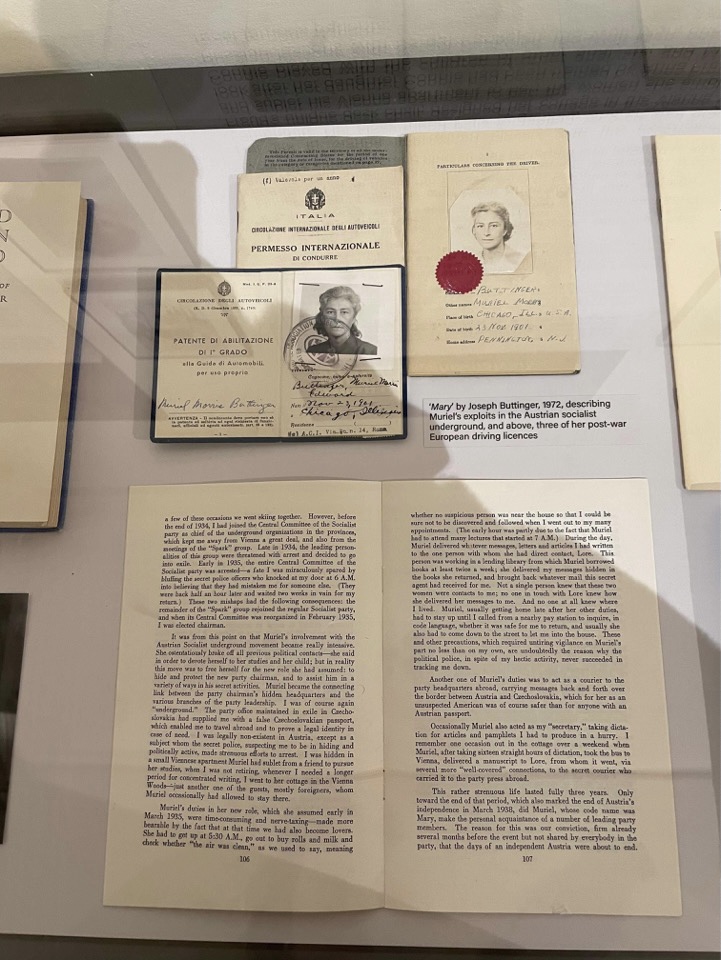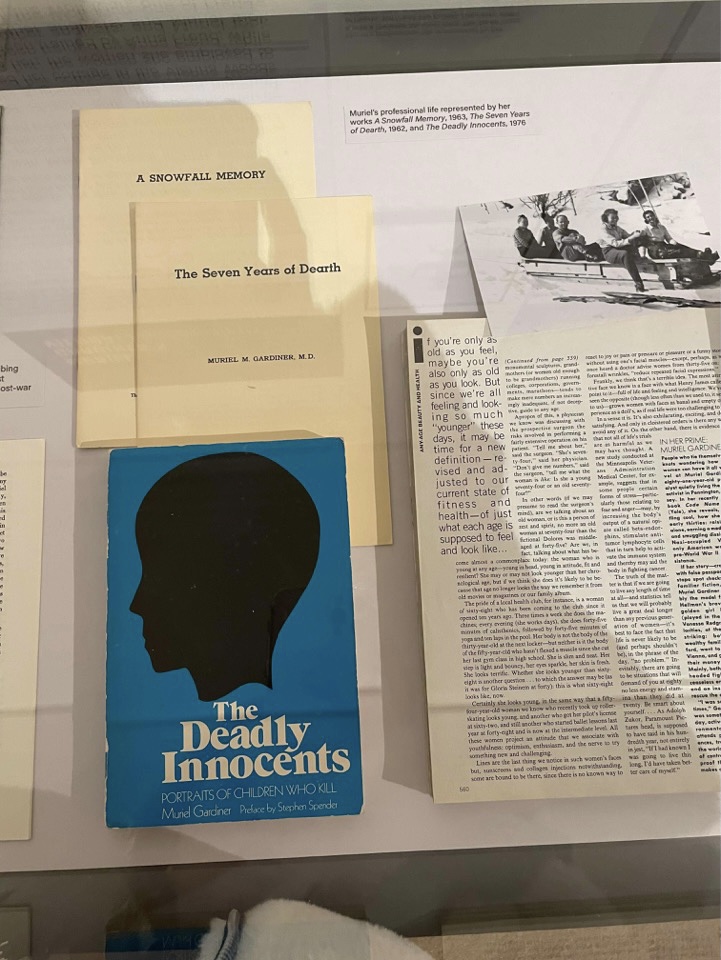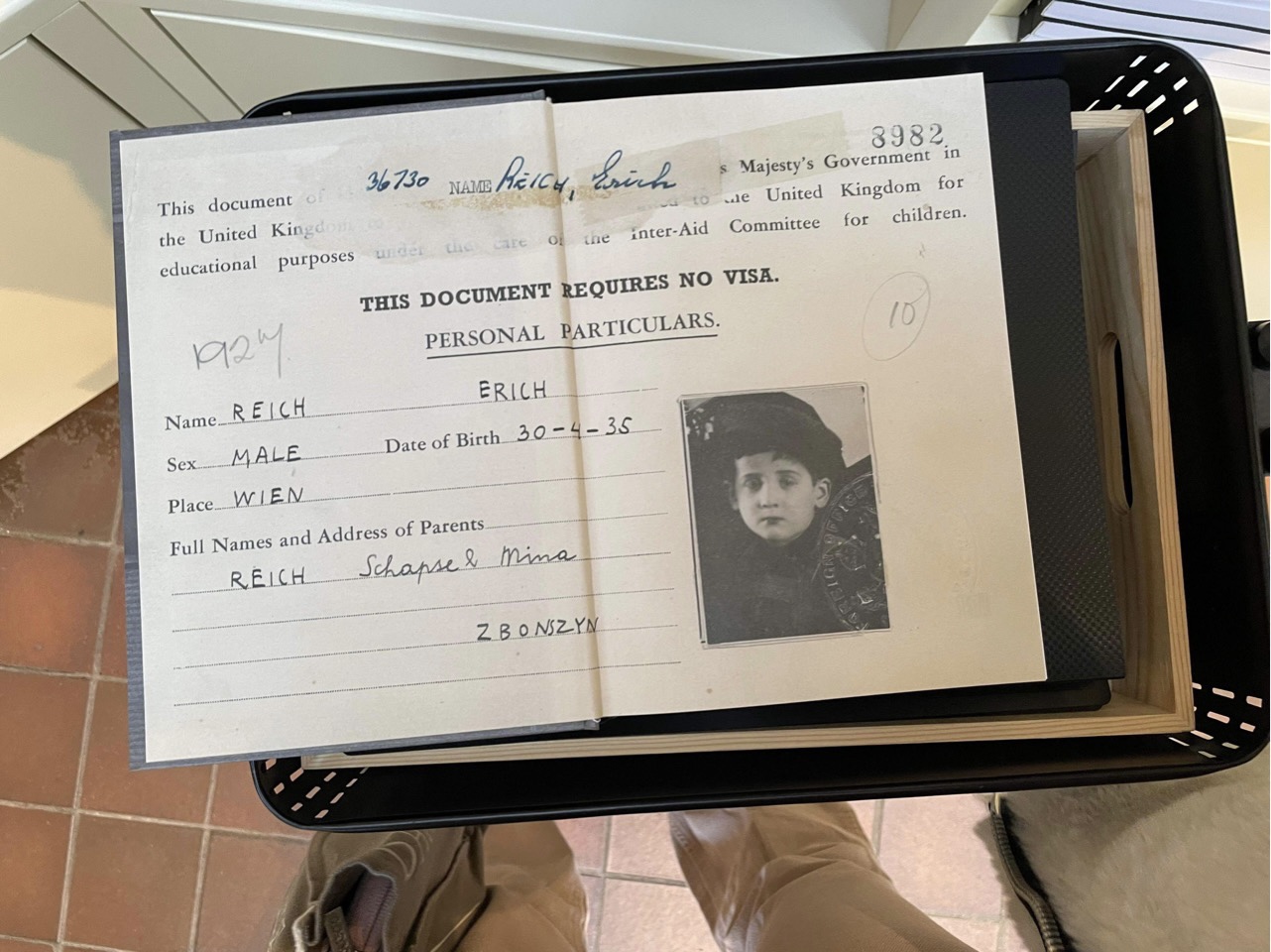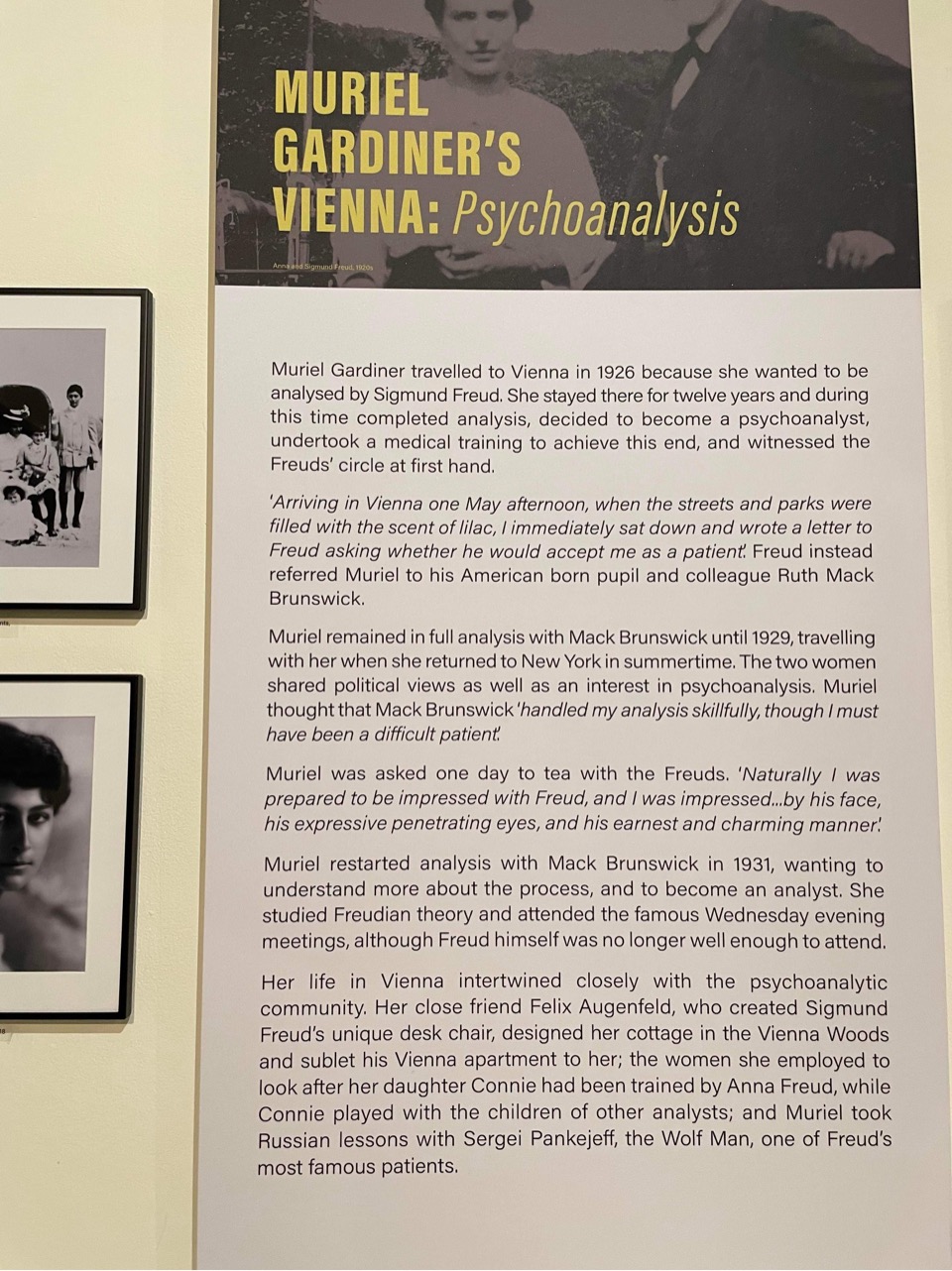CW: sexual assault, abuse, suicide, sexism
‘Dress as unattractive as possible’, my maternal grandmother instructed my 13-year-old aunt, ‘you don’t want to get raped.’
Costume was their only escape. In the cold, white-tented camp of Bujane, Macedonia, Kosovar women like my aunt and mother could not afford to be women. Having already escaped the horrors committed by male soldiers in their native land, they were all too aware of how their gender affected their treatment.
Their bodies were battlegrounds. In Kosovo, gang-rapes were a common ‘instrument of war’. Serbian security forces and paramilitary groups often entered private homes, raping women in front of their family members. It was performative; it was political.
Internally displaced groups drifting towards wherever felt safer, anywhere from home, were incessantly victimised. They were stopped and bullied by the army, police and paramilitaries, who used the threat of rape to extort money. In some cases, mothers and daughters were carried away even if money was provided. They were raped in the home, in the streets, and in temporary detention centres. But they were no safer in the camps that were supposed to offer them ‘refuge’. In the camps, women were not adequately provided for. Menstrual hygiene provisions were non-existent. A Kosovan female refugee I interviewed this year, and who has chosen to remain anonymous, commented: ‘We didn’t have menstrual pads. Just pieces of cloth which we had with us. We boiled the cloth strips when we could to clean them and share with others. Most responsibility fell on us women. The camps were flooded with women who were escaping with young kids in tow. We lacked protection from our husbands and male family members, many of whom were left in Kosovo. Constantly we feared kidnapping and beating.’
Not only did women have to ‘bear most of the responsibility of care’ in the camps, which included waiting ‘for hours’ in lines for water and rationed food, looking after children and elderly family members, but they also constantly feared ‘beating and kidnapping’. Soldiers and paramilitary groups surrounding the refugee camps preyed on vulnerable, solitary women out on errands. Young women were tempted by offers from men to go to Italy, France, America. They were desperate to escape their life in the camps. Those who escaped were never heard of again. Many have been assumed dead, or worse, embroiled in sex trafficking rings.
From lines of refugees girls were pulled, beaten, and sexually assaulted. B.B., a twenty-two year old woman from Mitrovica, Kosovo, reported that:
‘It happened while I was in line with the people. We met Serb paramilitaries. […] He took my hand and told me to get in his car. … He told me not to refuse or there would be lots of victims. He swore at me and said, “Whore, get in the car…” [….]He started to beat me. I lost consciousness. They said that they were paid to do this. I begged him [the first rapist] to kill me but he didn’t want to.’
Gender-based violence against refugees is more than sporadic, personal attacks – it is systematic. As the Serbian paramilitary claimed in B.B.’s report, they were ‘paid to do this’. Sexual violence was state-sanctioned.
Unfortunately, studies on sexual violence committed against displaced people are far and few between. A 2014 study estimated that around 21% of women in 14 conflict countries reported sexual violence, but we know that the number of unreported cases far outweigh the number of those reported. In peacetime, rape crisis centres and other support services for women are scarce. In wartime, they are almost non-existent. Female refugees who were assaulted were barred from travelling to access support due to the conflict, and the danger that being a woman outside posed to them. Furthermore, there was a cult of silence around sexual violence – one which still haunts countries like Kosovo. In B.B.’s case, ‘He told me not to tell anyone or they would take me for good and shoot my family’. Violence was hidden by the threat of more violence.
Silence is a hard stain to get out. Even when they reached their host countries, refugee women and asylum-seekers could not voice their trauma. When your legal status is unconfirmed, coming forward with your story is dangerous. It could mean being sent to a detention centre, being interrogated, detained, and being repatriated. For example, the Women’s Aid Organisation in Malaysia assisted a Rohingya woman in 2020. When she went to the police station to report sexual violence, she was ‘detained by the police on the basis of her immigration status and denied her right to lodge a report’. This fear bars refugee women from accessing crucial support services in their host country, such as the police services, shelters and hospitals. An example of how this plays out is in Malaysia, where making a police report is a prerequisite for accessing women’s shelters and hospitals. When a police report could lead to detainment (in detention centres where you are not protected from sexual harassment), silence is safer.
This silence extends to cases of domestic violence and workplace harassment. In Malaysia, a refugees’ lack of legal status means that they are deprived of the lack of the right to work. Subsequently, many refugees are forced into the informal workforce, with no access to protection from employer abuse. They are left to suffer ‘inhumane working hours and the withholding of wages’. Labouring in the informal, or ‘grey economy’, deprives women of common social benefits such as a pension, health insurance and paid sick or maternity leave. Out of fear of losing their jobs or facing violence, they are open to routine exploitation.
Without legal status, and due to working for criminally low wages in the informal sector, many female refugees are forced to rely on their partner. Financial dependence on a male partner, combined with a lack of access to crucial social support services, mean that female refugees are particularly vulnerable to domestic abuse. In a survey conducted last year by Harmony Alliance, a migrant and refugee women advocacy organisation, and the Monash Migration and Inclusion Centre, over a third of migrant and refugee women said they experienced domestic violence. Temporary visa holders invariably reported higher levels of domestic and family violence, encompassing physical, emotional and financial abuse. Survey participants also reported proportionately higher patterns of migration-related abuse and threats (for example, the threat of deportation or separation from dependants). The struggle of those abused is compounded by feelings of isolation from the rest of society. Only 30% of the sample said that they trusted their neighbours ‘a great deal’ or ‘lot’, and those who had experienced gender-based violence said they saw the police as systematically unjust. A lack of trust in their neighbours and local support services leads to more women continuing to suffer in silence.
Reaching out for help has become a task more strenuous than ever during the COVID-19 pandemic. A ‘loss of livelihood, home, savings, and prospects of a better future shape the narratives of these [immigrant] women’. Gendered employment precarity has sharpened, with employment rates for immigrant women falling by almost 15%, in comparison to a fall of 8% for immigrant men. Indeed, pandemic-induced job losses (and losses of life) have been concentrated among low-wage industries.
Policymakers must recognise that human rights are not conferred by your legal status, your gender, your birthplace or workplace. They are inherent. In order to protect female refugees, all countries must become party to the 1951 UNHCR Geneva Convention. This will enable refugees to access crucial services in their host country, thereby mitigating the risk that refugee women face when reporting abuse. Systematic sexual abuse must be dealt with by immediate international legislative reform. The ‘tradition of impunity’ which has plagued international courts must be reversed.
Underpinning this is capital. Female refuge centres are in dire need of funding. Financial stability is a prerequisite to leaving an unsafe domestic situation or an abusive dynamic in the workplace. We need to unmask those that exploit vulnerable women for informal labour.
Aside from political and financial changes, we need cultural change. This means thawing the culture of silence around sexual harassment that has perverted the justice system. We need to recognise women, all women, as human beings who have the inviolable right to live a life without fear of violence. Reader, we have a lot to do.
Oxford nightline is open 8pm-8am, every night during term-time, for anyone struggling to cope and provide a safe place to talk where calls are completely confidential. You can call them on 01865 270 270, or chat at oxfordnightline.org. You can also contact Samaritans 24 hours a day, 365 days a year, by calling 116 123 or emailing [email protected].
Image Credit: Mia Clement





